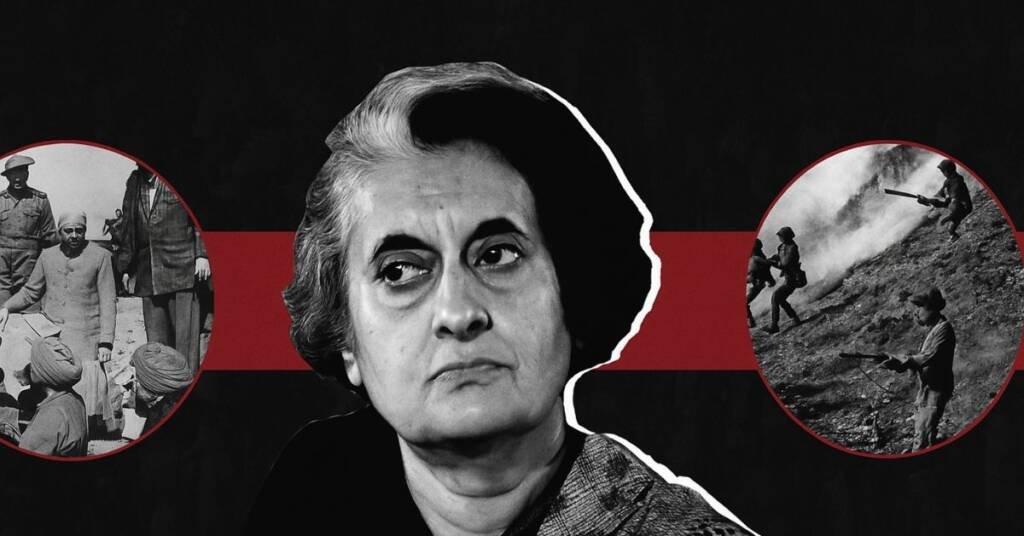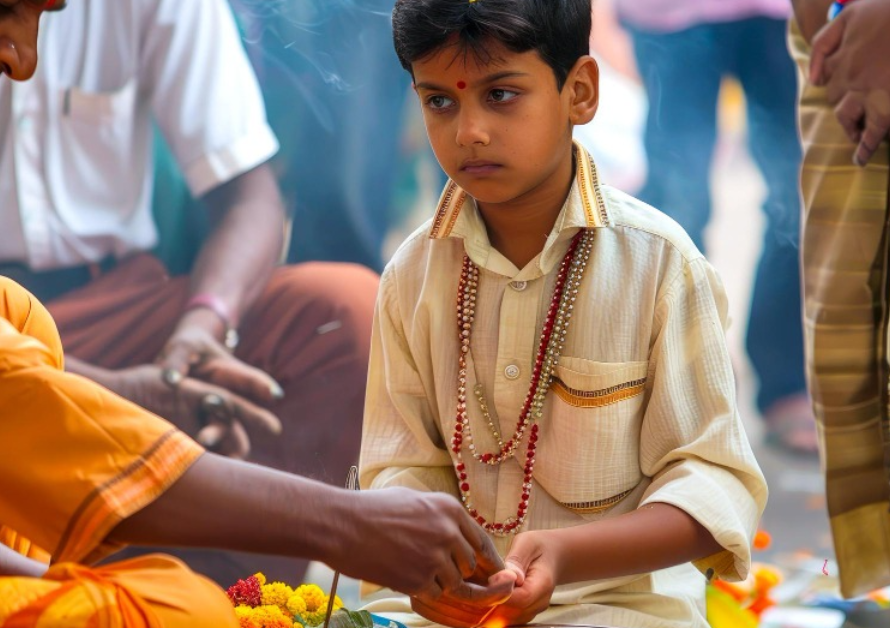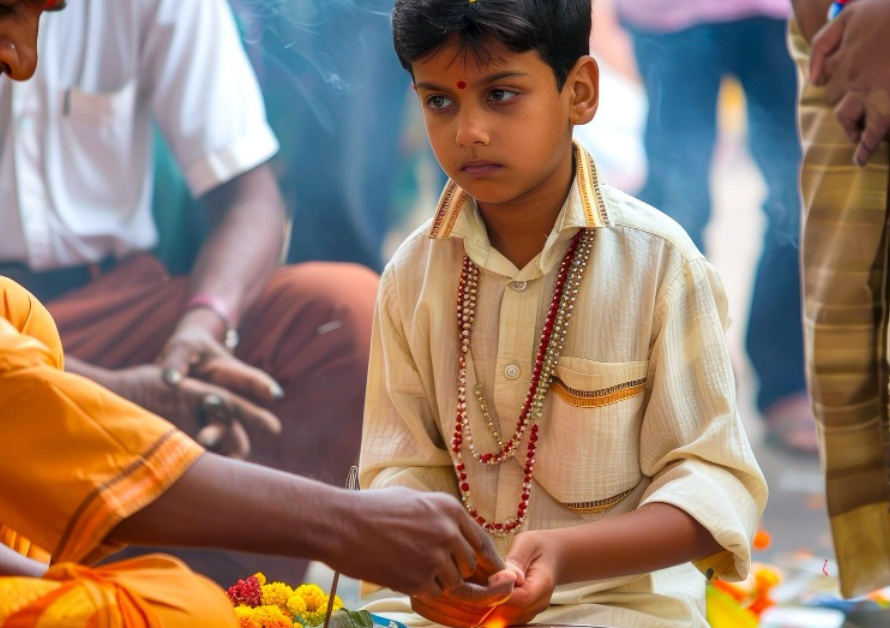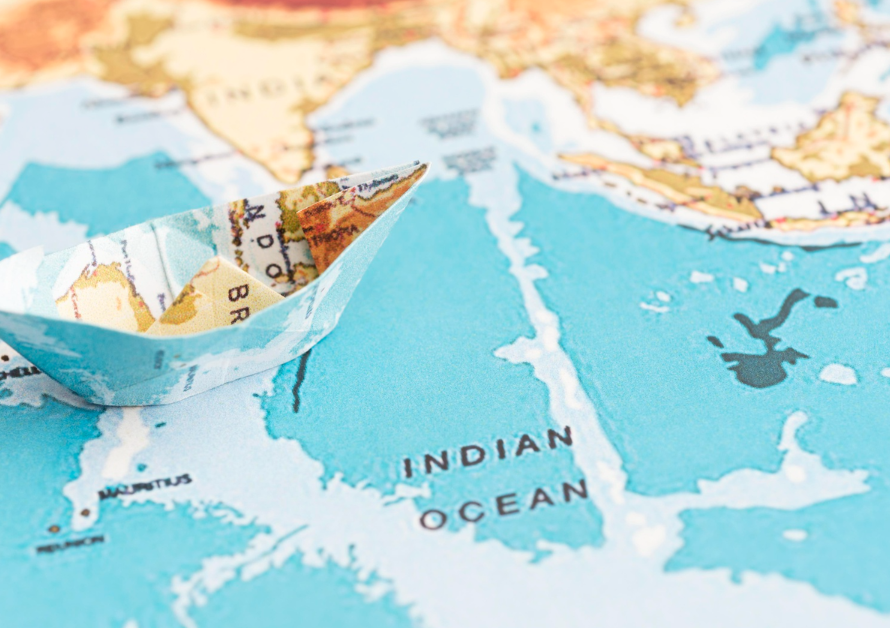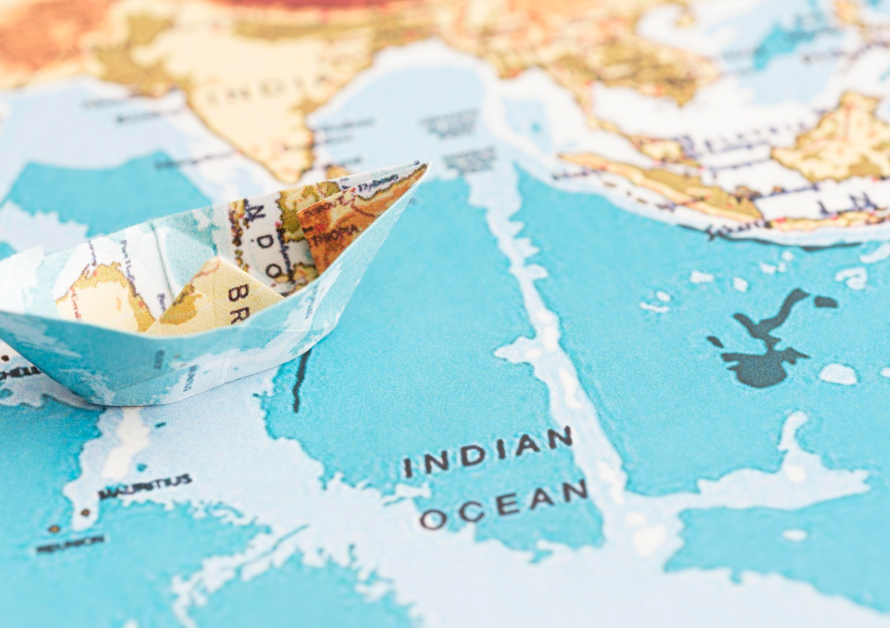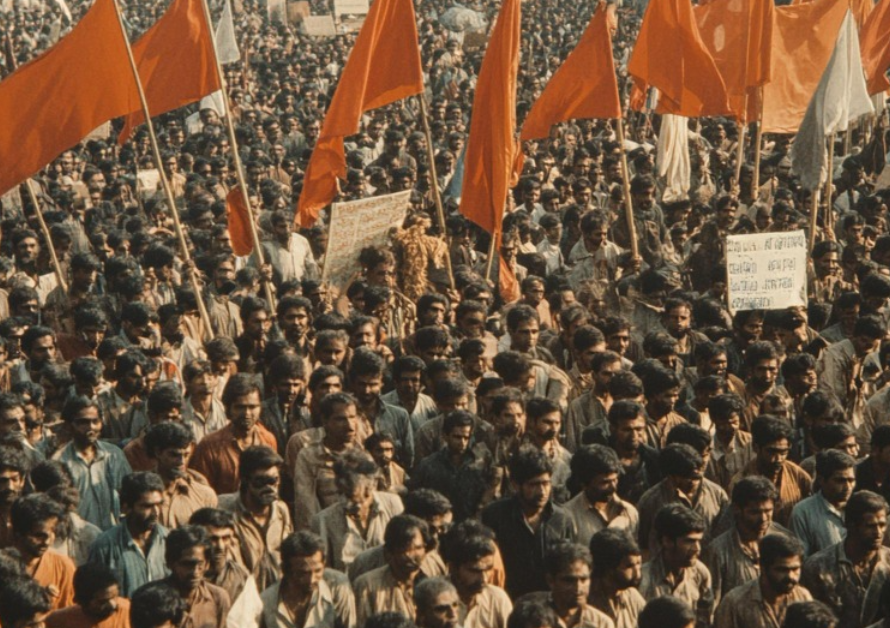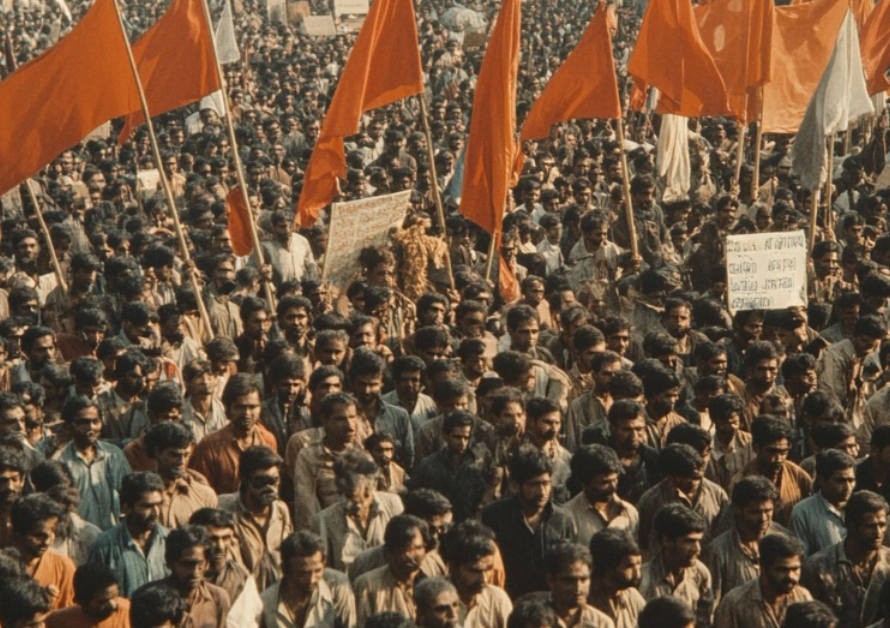During the Emergency, a justice-loving judge delivered a verdict that shook the very foundation of power and sparked a nationwide debate on democracy and justice.
📜 “Not just why it happened, but what it exposed”
This article is not limited to the question of why the Emergency was imposed; rather, it brings to light the deeper truths that the Emergency exposed — revealing the real picture of the struggle between power, the Constitution, and the judiciary.
🕰️ The Background — When Indira Gandhi Felt Cornered
In 1971, Prime Minister Indira Gandhi won a sweeping mandate in the general elections, hailed as a powerful and unchallenged leader. But behind this triumph lay allegations of misuse of government machinery, illegal campaign practices, and political coercion.
Her opponent, the fiery socialist leader Raj Narain, challenged her election in the Allahabad High Court. The case was bold, but the judgment was revolutionary — and unprecedented in world history.
⚖️ Justice Jagmohanlal Sinha’s Verdict: The Day Truth Roared
On June 12, 1975, Justice Jagmohanlal Sinha ruled that:
✅ Indira Gandhi was guilty of electoral malpractice.
✅ Her 1971 election was null and void.
✅ She was barred from holding elected office for six years.
This was not just a legal verdict — it was a moral earthquake. For the first time, an Indian court had declared a sitting Prime Minister guilty of violating the law.
☎️ Threats, Pressure, and Unshakable Integrity
Justice Sinha faced immense pressure:
- Senior judges were sent to his home to influence him.
- He received threatening phone calls, including one that warned him to “tell your wife not to wear sindoor.”
- His response — chilling and courageous:
- “My wife passed away two months ago. But my conscience is still alive.”
This moment marked the highest ideal of judicial bravery — doing what is right, not what is safe.
🧨 Indira’s Panic and the Beginning of Authoritarian Rule
Indira Gandhi refused to resign. Instead, she:
- Appealed to the Supreme Court, which gave her partial relief — she could stay in Parliament but couldn’t vote.
- Saw massive protests led by Jayaprakash Narayan, who demanded her resignation.
- In the face of losing power, she chose a nuclear option —
- Declaring a National Emergency on the night of June 25, 1975.
This was the darkest day of democracy in India
🚫 What Followed Was Not Governance, But Suppression
Under Article 352 of the Constitution, she suspended:
- Fundamental rights of citizens
- Freedom of speech and press
- Right to protest and assemble
- Lacs of Opposition leaders were jailed without trial
- Censorship officers were stationed in every newsroom
- Even newspapers were required to get headlines cleared by government censors.
Democracy had died — without a gunshot.
🧬 The Hidden Motive: Control the Judiciary
The Emergency was not just about silencing the people — it was about dominating institutions, especially the judiciary.
The verdict of Justice Sinha shook the Congress to its core. The leadership decided:
- “We can’t let judges act independently again.”
- So emerged the Collegium System, in later decades — ensuring that appointments and promotions within the higher judiciary remained influenced by elite networks, select families, and ideological loyalties. This was an indirect way to manage the judiciary — without appearing to do so.
This legacy still haunts Indian justice today affecting security of India and progress of the nation..
🧠 When Congress Preaches About Democracy Today…
It becomes a cruel irony. The same party that:
- Jailed 1,00,000+ political activists
- Silenced media houses like Indian Express and Statesman
- Tortured protesters and dissidents
- Forcibly sterilized the millions of Hindus in the name of population control and muslims were allowed to have polygamy and 8-10 children
- Centralized power in the hands of one leader
And Now claims to be the guardian of democratic values?
- It is like a thief lecturing on honesty,
or a dictator teaching liberty.
🧭 What Must We Learn Today?
This is not just history — it is a mirror and a warning.
🇮🇳 Lessons We Must Never Forget:
- One honest judge can shake the throne of tyranny.
- Judicial independence is more precious than political loyalty.
- When power fears truth, it turns authoritarian.
- Eternal vigilance is the price of liberty.
- Democracy doesn’t die overnight — it dies in silence, censorship, and submission.
“The Emergency was not a law — it was a wound. And India still carries its scar.”
- Let us honor Justice Jagmohanlal Sinha. Let us remember June 25, 1975 —
- Not with bitterness, but with the resolve never to allow such darkness again.
🇮🇳Jai Bharat, Vandematram 🇮🇳
For more blogs please visit www.saveindia108.in
👉Join Our Channels👈

